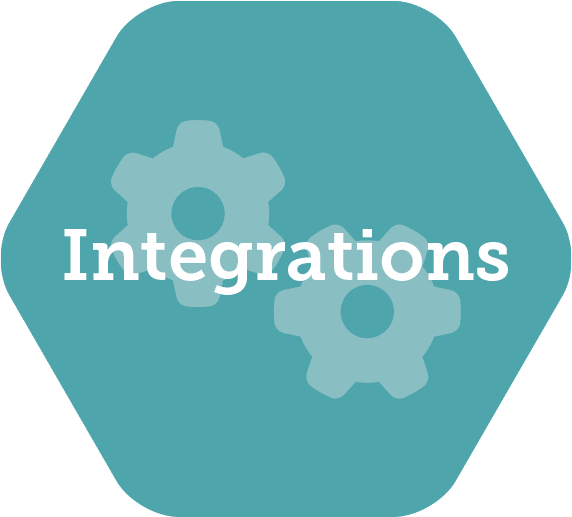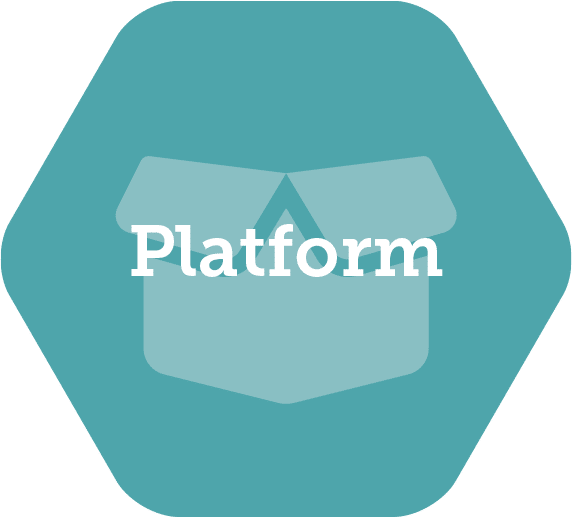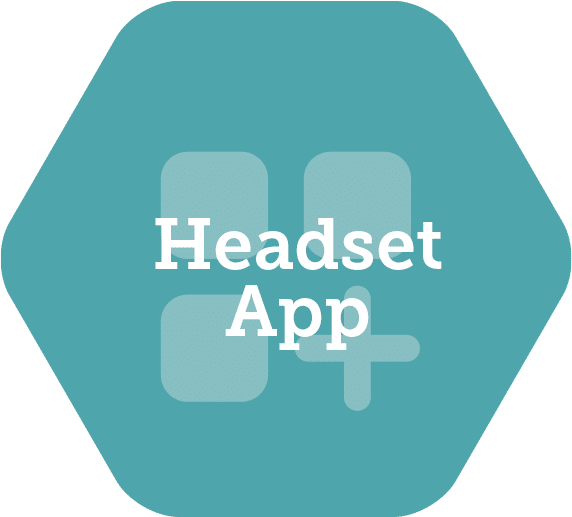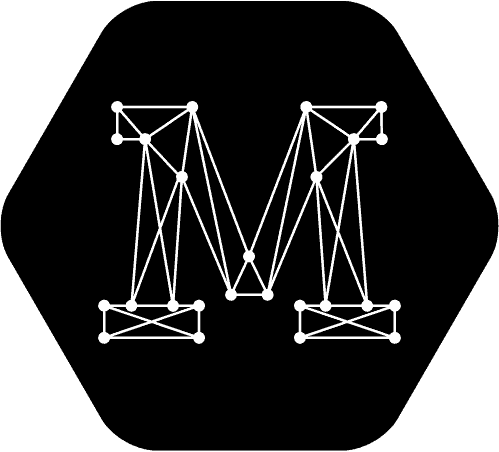What is soft skills training? How is it usually delivered?
Soft skills and hard skills are terms thrown around regularly in training. But what do those terms really mean?
Hard skills are technical skills, often specific to a job, that are measured or tested in some way. Certifications are usually a pathway to acquiring hard skills. Some examples of hard skills include machine operation, writing skills, carpentry and software development. These skills require precision and accuracy in following process steps.
Soft skills typically refer to interpersonal skills and character traits. Some examples of soft skills include emotional intelligence, growth mindset, active listening, adaptability, being a team player and more. These are skills that require personal reflection, behaviour correction, and social accountability.
Hard skills are critical to job performance, whereas soft skills are critical to employee progress. They work together to create a dynamic skill set for an effective employee. VR has been shown effective in hard skills training, but what about soft skills? Is VR a viable option for teaching concepts like difficult conversations, sales, or customer service?
What are the shortcomings of in-person and virtual training of these topics?
Soft skills training is commonly delivered in person and in groups. While this may be efficient, it can be intimidating to learn interpersonal skills alongside peers or even supervisors. Getting meaningful feedback can also be hindered when in a group atmosphere – both for the one giving and the one receiving the feedback – as the privacy of these topics feels compromised. Virtual webinar versions of soft skills training can create the illusion of privacy, but in reality, the concerns are the same.
VR is a great alternative to soft skills training for these three reasons
VR is a great alternative to virtual webinar, in-person and in-groups soft skill training sessions. By providing training on these concepts through virtual reality, the participant gains an individual experience and sheds the intimidation of group learning.
Practice skills in a lifelike situations, in a repeatable format with real time feedback
Learning soft skills in virtual reality allows the user to practice these skills in realistic situations. Instead of being in a group of peers and imagining they are characters in a static scenario, VR provides self-contained, robust, and dynamic scenarios that flex with the user response. VR avatars provide the visual and social cues needed to effectively rehearse soft skills in a safe and private way. The user can also get meaningful, personalized, and direct real time feedback on their specific scenarios. These scenarios are also repeatable, allowing for more concentrated work to be done by the user on specific individual skills.
Training time is notably faster, up to 4x
Training time in VR is notably faster than virtual webinar or in-person modalities. According to a recent study, training soft skills in VR can be up to four times faster than any other delivery method. Even including the setup of VR for a first-time user, the study showed the training was completed three times faster. Faster completion times means less overall cost and time away from the job. Additionally, the user gains confidence in their ability to apply the skills in real life scenarios, making the time from training to application faster as well.
Creates a focused emotional connection
Training soft skills in VR creates a focused emotional connection with the learner. The VR avatars provide a simulated human experience, complete with facial expressions and body movements. As the user practices these very real and human skills with the avatar, they become emotionally entwined with the outcome and results of the conversation or simulation. This is not a negative emotional connection, but rather a positive natural engagement in the scenario at play. The emotional connection to the scenario is processed as a memory and sticks with them, resulting in behavioural change.
Utilizing VR for soft skills training is a valuable alternative to in-person or online delivery. Replacing group sessions with individual experiences provides privacy and lowers intimidation. The engaged users complete training faster and have less time between learning and application. The virtual simulation environment and avatars make practice lifelike and promote emotional connection. VR in soft skills training creates a new level of engagement for the user and supports long term behaviour change.
Latest Posts
Stay in the Know
Want to stay up-to-date with what is going on in the world of immersive training? Subscribe to the Motive Blog.
Ready to revolutionize your training program?
We’re ready to show you how seamlessly you can create, edit and deploy VR training modules. Our team is standing by to help you revolutionize your training program.





